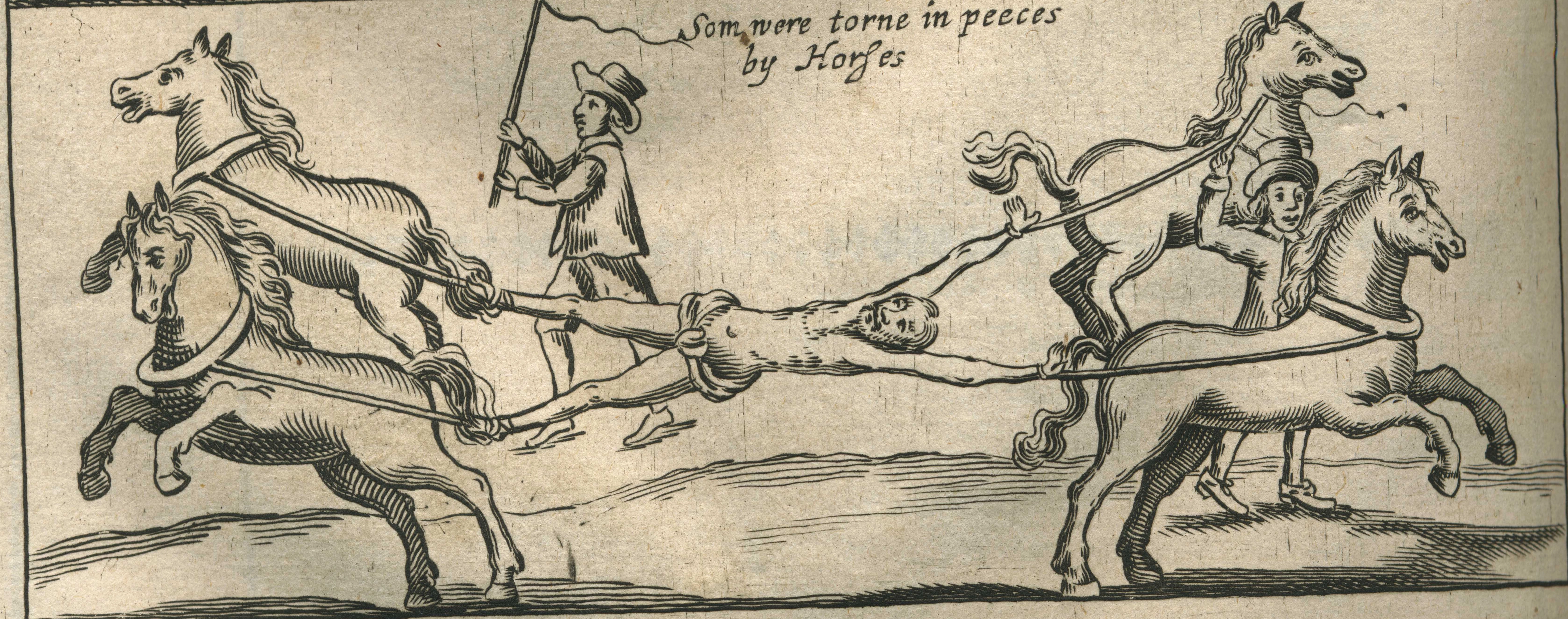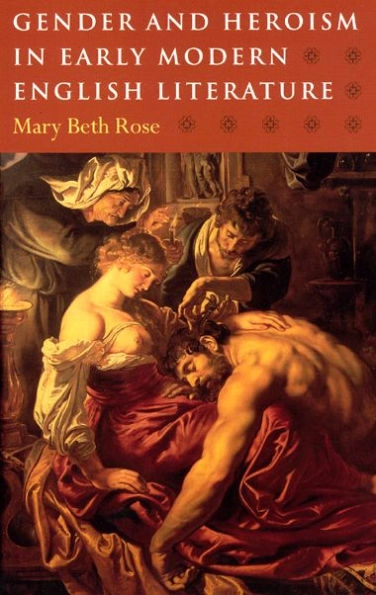Mary Beth Rose, Gender and Heroism in Early Modern English Literature (University of Chicago Press, 2002), makes the important point that ‘the terms which constitute the heroics of endurance are precisely those terms used to construct the early modern idealization of women: patient suffering, mildness, humility, chastity, loyalty and obedience. Contending that the heroics of endurance ultimately takes precedence over the heroics of action, I am also claiming that, by the end of the seventeenth century, the terms in which heroism is constructed and performed as the endurance of suffering is predominantly gendered female’ (pp. xv-xvi). Her central conclusion is that ‘the powerful, dominant mode of literary heroism at the end of the seventeenth century is the endurance of suffering, represented in female terms’ (p. xxii).
This is closely related to the thesis of female gendering of the male politic subject which Melissa Sanchez develops so eloquently in Erotic Subjects (OUP, 2011), and which I build on in ‘Suffering and Gender’, the final part of Pain, Pleasure and Perversity, and anyone interested in the subject matter of those works should take a look at Rose’s book. She notes that, as opposed to the heroics of action, ‘the heroics of endurance often commends to our attention rape, self-mutation, solipsistic desire, slavery and unwanted death’ (p. xxii). She illustrates her thesis through an examination of (mostly) non-religious texts, ranging from plays by Shakespeare, Marlowe and Jonson to the speeches of Queen Elizabeth and Aphra Behn’s Oroonoko. I could have wished for her to discuss the subject in relation to religious ideas about suffering, particularly the imitation of Christ’s suffering, which is, after all, the central paradigm of the period, but I nevertheless found plenty to interest and engage me.



Comments